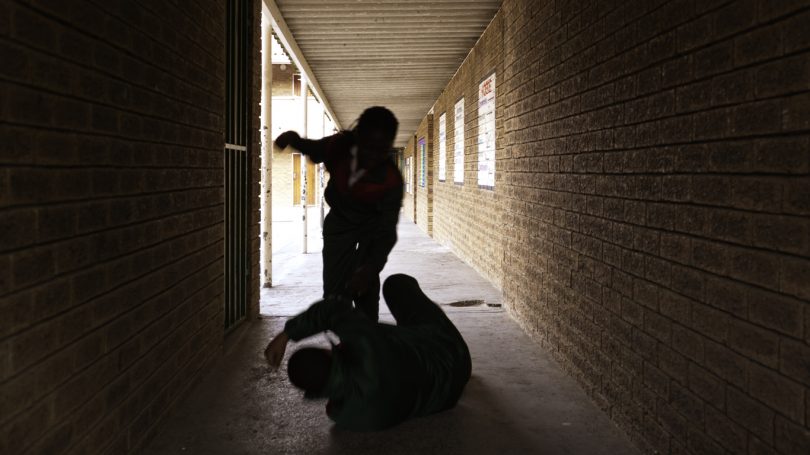
The Education Directorate says student suspension is still an option for school principals. Photo: File.
More than a month into the school term and public school principals are yet to receive specific new advice on suspensions in the wake of a decision last year setting aside a suspension involving a boy with disabilities.
The Education Directorate has confirmed that it is preparing a fact sheet to distribute to principals “that articulates key considerations when deciding whether or not to suspend a student” but did not say what those considerations would be.
It has not said what lessons need to be drawn from the decision or what the implications are for the suspensions policy.
A spokesperson told Region Media that the Directorate had been in touch with principals after the ACT Civil and Administrative Tribunal decision was published on 24 December and “additional advice would be circulated shortly”.
Some violent incidents involving the Year 2 boy occurred in July 2019, incurring a one-day suspension at the end of the term. But the boy’s parents challenged the suspension and eventually went to ACAT after the Directorate upheld the principal’s decision.
An upgraded suspension policy was issued at the end of 2019, and the Directorate says it provided communication to principals and schools supporting the implementation of the changes.
But the Directorate’s Executive Director, Service Design and Delivery, Ross Hawkins, admitted to the Legislative assembly’s education committee that schools might not have been fully aware of its details, partly due to the disruption to the year caused by the pandemic.
“The development of that policy took some time; there was a vast amount of consultation that took place,” he said. “2020, the year that was, meant that while the information was there, it was not at the foremost of everybody’s mind.”
Daily Digest
Mr Hawkins said information to principals was focused on the shift within the policy to “mutually agreed leave” rather than suspension.
“What we have done now, building out from the case that came to ACAT, is again to provide information back out to principals regarding what the obligations are when it comes to suspension [and] what some of the policy changes were,” he said.
On the actual decision, Mr Hawkins said the tribunal had more information at their disposal than the principal had at the time.
“They made a different decision rather than necessarily putting themselves directly into the shoes of the decision-maker with the information they had,” he said.
“We accept that decision, but in terms of providing information back out to our schools, it has given us an opportunity to ensure that we have got the right support and guidance for our principals.
“We know suspension is an incredibly complex area for principals to work through. What we want to ensure in enacting that [education] legislation and in enacting that policy, principals feel confident to do that in a safe way.”
Asked whether suspension was still available to principals, the Directorate said they could still suspend a student in certain circumstances.
“The updated Suspension, Exclusion and Transfer of Students in ACT Public Schools Policy and Procedure, updated in 2019, provides support to principals and families when deciding whether or not to suspend a student,” the spokesperson said.
The tribunal found the principal could have taken alternative action and had not met all the criteria for suspending the boy, including not consulting with the parents first.
ACAT did not believe that the boy was “persistently and wilfully non-compliant” or was a threat to the good order of the school.
However, the principal believed the situation was urgent and that the priority was keeping the school safe.
The boy – who has epilepsy, poor motor skills and difficulty controlling his emotions – has not returned to the school in question, but the case highlights the challenges for educators and parents alike.













